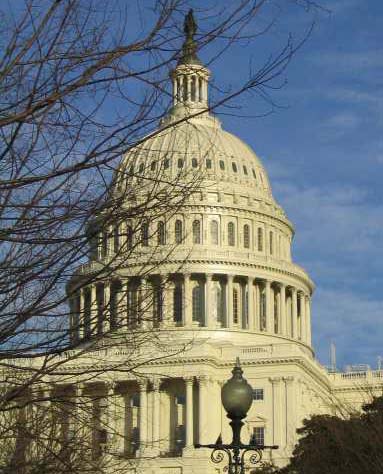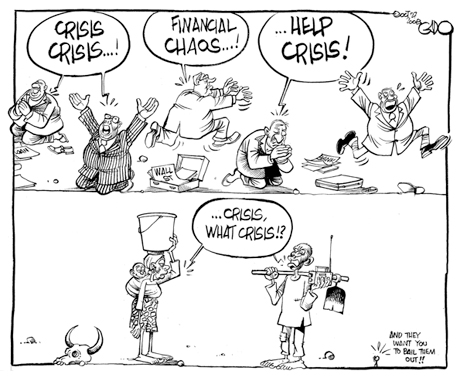Posted by: Scarlett Lu
How to protect your family from challenges in the Financial Crisis.
To experience a financial crisis is frustrating,during a financial crisis we may lose our job and businesses might close down. Everyone faces a financial crisis of some sort throughout our lifetime. An accident can destroy the financial stability of many families. We should be prepare for tough times. Layoffs can cause families barely make their monthly payments; but if .Big companies can close down causing thousands of people to lose their jobs. I you lose your job, don't panic. Work with what you have and figure out what you have. Cut down on your spending. Work with your creditors and keep a positive attitude.
We should have a financial plan to meeting our life goals through good management of our finances. Good planning can help families save money and prepare for financial emergencies. Plan ahead so you will have savings if you were ever to lose your job. Smart financial planning includes: Protecting your family by getting Health Insurance, Life and disability coverage, estate planning, and have college savings.
http://www.businessdayonline.com/index.php?option=com_content&view=article&id=5315:protect-your-income-from-challenges-of-financial-crisis&catid=55:personal-finance&Itemid=327
http://www.ehow.com/how_4562030_protect-family-financial-crisis.html
http://www.fitpregnancy.com/yournewlife/work_money/smart-financial-planning-for-families-45760492.html



 By: Mark Jewell
By: Mark Jewell





















.jpg)



